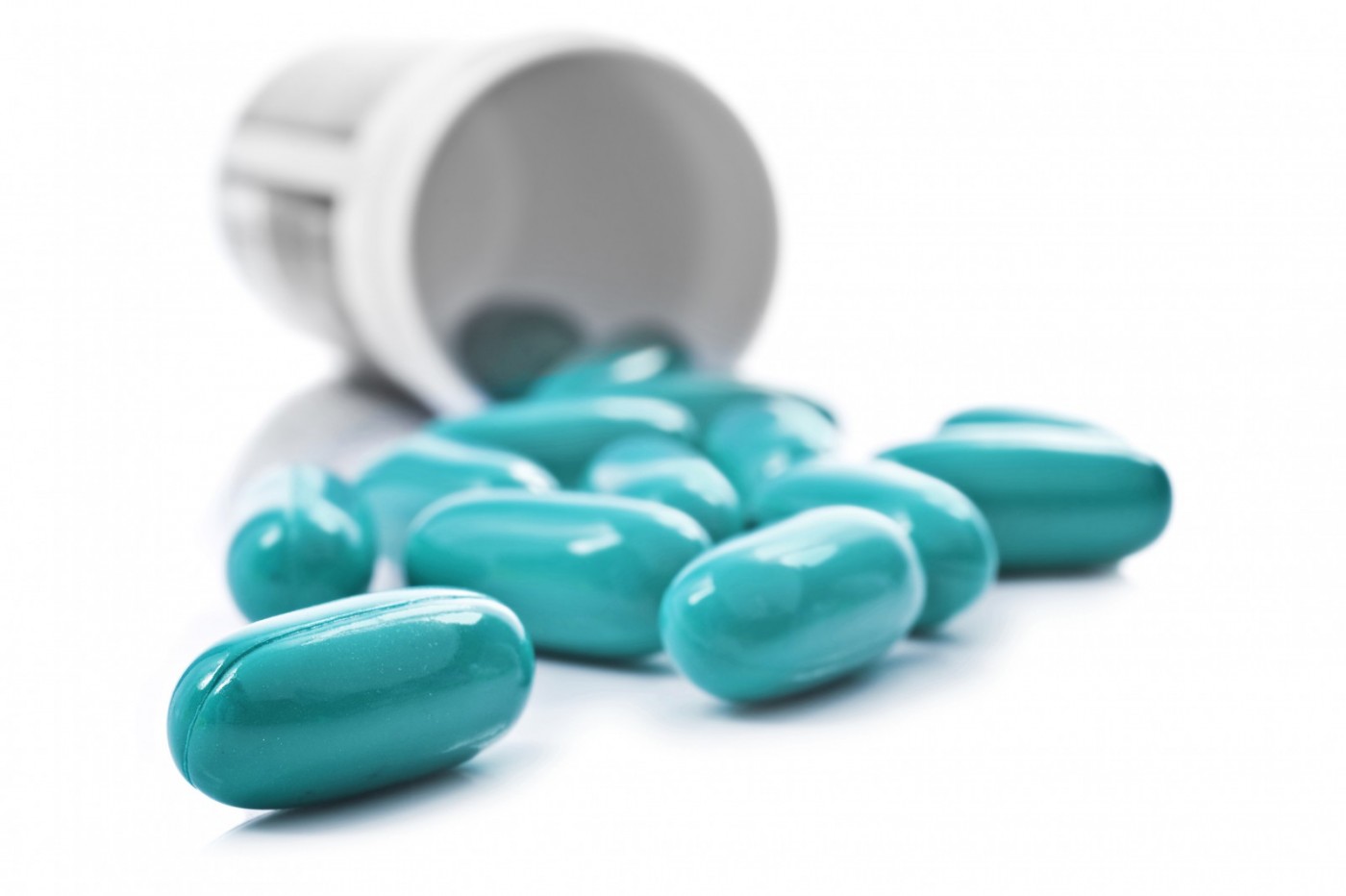Benefits of Adalimumab (Humira) in Verrucous Sarcoidosis Cited in Case Report

Adalimumab — marketed by (Abbvie) as Humira — can help treat patients with verrucous sarcoidosis — a rare type of cutaneous (skin) sarcoidosis — associated with human papillomavirus (HPV) infection, according to a new case report.
The study, “Chronic verrucous sarcoidosis associated with human papillomavirus infection: Improvement with adalimumab,” was published in the JAAD Case Reports.
Verrucous sarcoidosis is a rare type of cutaneous sarcoidosis marked by warts. It is observed most commonly in the lower extremities (between the hip and the toes) of people with severe lung disease.
In this case report, researchers describe the case of a patient with flesh- to violet-colored warts that were present on top of sarcoidal plaques. The patient was diagnosed with verrucous sarcoidosis.
As this patient’s verrucous sarcoidosis was associated with an HPV infection, physicians reasoned that the virus inoculated the skin after the patient experienced a facial trauma. The sarcoidal plaques likely produced areas on the face that were immunocompromised, which allowed the virus to grow.
As there are limited reported cases of patients with verrucous sarcoidosis of the face, there were no optimal treatment methods for targeting both HPV and the underlying sarcoidal plaques. Therefore, physicians tried a number of treatments. Initially, the patient was administered 200 mg of hydroxychloroquine (anti-inflammatory) twice daily to target sarcoidosis in combination with 5% imiquimod cream (an immune response modifier) three times a week to target the HPV.
This led to severe irritation, which resulted in the discontinuation of imiquimod after two weeks.
The patient did not follow up after treatment, but returned two years later thickening and expansion of the verrucous lesions.
Physicians then initiated treatment with 200 mg of hydroxychloroquine twice daily, 5 mg of methotrexate (an immunosuppressant) weekly, and 1% topical pimecrolimus (an immunomodulating agent) twice daily to suppress pruritus (severe itching).
Methotrexate was eventually increased to 15 mg weekly. However, physicians observed no significant improvement after four months.
The team also tried treating several test areas with liquid nitrogen cryotherapy — a treatment in which surface skin lesions are frozen off — without success.
The previous treatment regimen was discontinued and subcutaneous (under-the-skin) adalimumab was administered at a dose of 80 mg followed by a 40-mg injection the next week, then 40-mg injections every other week.
At the end of four months, all skin plaques related to sarcoidal lesions had resolved.
Additionally, physicians noted 95% improvement in verrucous plaques on the cheeks and forehead with no adverse events.
Adalimumab is a human antibody that acts as a tumor necrosis factor alpha (TNF-α) inhibitor. TNF-α is a signaling molecule produced by immune cells that plays an essential role in the immune response. Adalimumab is currently approved by the U.S. Food and Drug Administration (FDA) for autoimmune conditions including rheumatoid arthritis and Crohn’s disease.
As patients with sarcoidosis often display high levels of TNF-α, treatment with adalimumab helps block the inflammation.
In a randomized Phase 2 (NCT00274352) clinical trial, the antibody was found to significantly reduce lesion area and volume, and improve quality of life among patients with cutaneous sarcoidosis.
“[I]t appears that complete resolution of sarcoidal granulomas [through the use of adalimumab] normalized local immunity (resolution of immunocompromised area), leading to marked improvement of the associated HPV infection. We know of no other mechanism that would explain this phenomenon,” researchers concluded.






